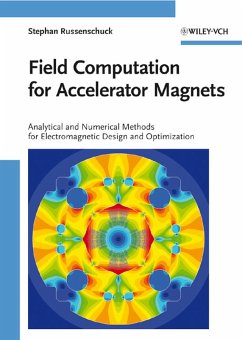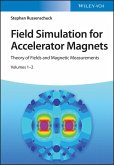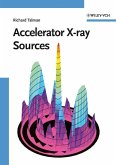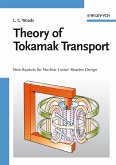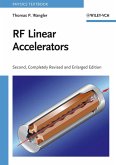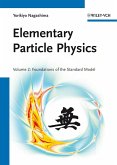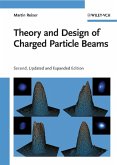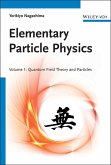Written by a leading expert on the electromagnetic design and engineering of superconducting accelerator magnets, this book offers the most comprehensive treatment of the subject to date. In concise and easy-to-read style, the author lays out both the mathematical basis for analytical and numerical field computation and their application to magnet design and manufacture. Of special interest is the presentation of a software-based design process that has been applied to the entire production cycle of accelerator magnets from the concept phase to field optimization, production follow-up, and hardware commissioning.
Included topics:
Technological challenges for the Large Hadron Collider at CERN
Algebraic structures and vector fields
Classical vector analysis
Foundations of analytical field computation
Fields and Potentials of line currents
Harmonic fields
The conceptual design of iron- and coil-dominated magnets
Solenoids
Complex analysis methods for magnet design
Elementary beam optics and magnet polarities
Numerical field calculation using finite- and boundary-elements
Mesh generation
Time transient effects in superconducting magnets, including superconductor magnetization and cable eddy-currents
Quench simulation and magnet protection
Mathematical optimization techniques using genetic and deterministic algorithms
Practical experience from the electromagnetic design of the LHC magnets illustrates the analytical and numerical concepts, emphasizing the relevance of the presented methods to a great many applications in electrical engineering. The result is an indispensable guide for high-energy physicists, electrical engineers, materials scientists, applied mathematicians, and systems engineers.
Hinweis: Dieser Artikel kann nur an eine deutsche Lieferadresse ausgeliefert werden.
Included topics:
Technological challenges for the Large Hadron Collider at CERN
Algebraic structures and vector fields
Classical vector analysis
Foundations of analytical field computation
Fields and Potentials of line currents
Harmonic fields
The conceptual design of iron- and coil-dominated magnets
Solenoids
Complex analysis methods for magnet design
Elementary beam optics and magnet polarities
Numerical field calculation using finite- and boundary-elements
Mesh generation
Time transient effects in superconducting magnets, including superconductor magnetization and cable eddy-currents
Quench simulation and magnet protection
Mathematical optimization techniques using genetic and deterministic algorithms
Practical experience from the electromagnetic design of the LHC magnets illustrates the analytical and numerical concepts, emphasizing the relevance of the presented methods to a great many applications in electrical engineering. The result is an indispensable guide for high-energy physicists, electrical engineers, materials scientists, applied mathematicians, and systems engineers.
Dieser Download kann aus rechtlichen Gründen nur mit Rechnungsadresse in D ausgeliefert werden.
Hinweis: Dieser Artikel kann nur an eine deutsche Lieferadresse ausgeliefert werden.

